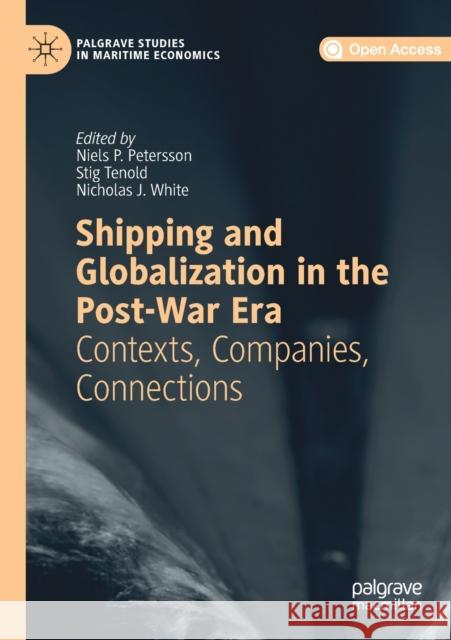Shipping and Globalization in the Post-War Era: Contexts, Companies, Connections » książka
topmenu
Shipping and Globalization in the Post-War Era: Contexts, Companies, Connections
ISBN-13: 9783030260040 / Angielski / Miękka / 2020 / 290 str.
Shipping and Globalization in the Post-War Era: Contexts, Companies, Connections
ISBN-13: 9783030260040 / Angielski / Miękka / 2020 / 290 str.
cena 201,24
(netto: 191,66 VAT: 5%)
Najniższa cena z 30 dni: 192,74
(netto: 191,66 VAT: 5%)
Najniższa cena z 30 dni: 192,74
Termin realizacji zamówienia:
ok. 22 dni roboczych.
ok. 22 dni roboczych.
Darmowa dostawa!
Kategorie:
Kategorie BISAC:
Wydawca:
Palgrave MacMillan
Język:
Angielski
ISBN-13:
9783030260040
Rok wydania:
2020
Wydanie:
2019
Ilość stron:
290
Waga:
0.36 kg
Wymiary:
21.01 x 14.81 x 1.63
Oprawa:
Miękka
Wolumenów:
01
Dodatkowe informacje:
Wydanie ilustrowane











